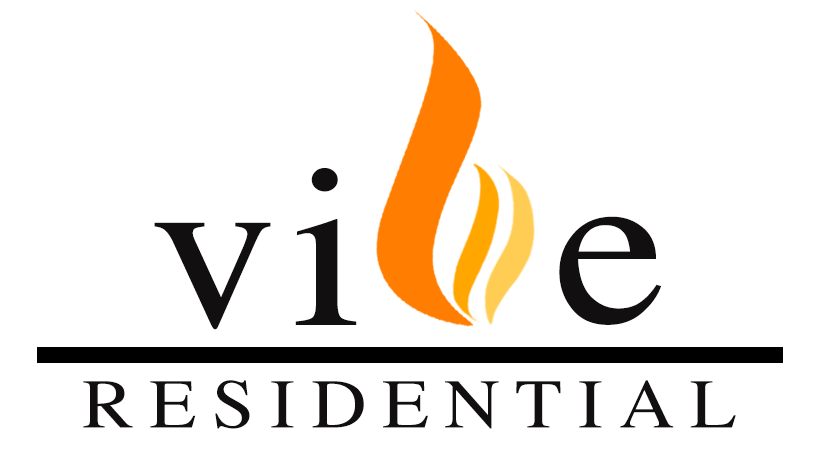By: Amy Corman

HOW MUCH SHOULD I PAY FOR RENT?:
It is recommended that the rate of rent should be 25-35% of what your income will be. If you’re working right now, this is pretty simple math. For the sake of numbers, we’ll work it out. Massachusetts minimum wage as of April 2016 is $10.00/hr. At 40 hours per week, that equals +/ $1600 per month gross. Take that number and plug it into a paycheck calculator website like this one. After putting it in, it’ll give you calculations based on the area you’re in. Let’s say, going off our above numbers, your net ends up being +/ $1229.01 Dividing that by 2.5, your price range should be about +/ $491.6 per month. If you want a place that’s more than that, your likelihood of getting the place goes down, etc.
HOW MUCH SHOULD I SAVE BEFORE MOVING?:
Some trusty renter’s sites have recommended you should save up to a year’s worth of rent before you move, but it can be said that it’s possible to do it with this 35 months of money. It is recommended that at the very least, three month’s rent is saved away. This gives you the rough coverage of first and last (standard practice) as well as your deposit. If you have pets or would like a pet (here are a few places that do!), make sure to put aside another month’s worth. That’s not counting the actual cost of packing supplies and moving all your stuff, (be cautious that you do not over spend your savings on moving in!) If you can save more, you should. Once you move in, you should start putting aside money to save up for emergencies or surprise expenditures. You never know what you’ll come across.
WHAT ABOUT UTILITIES?:
If they’re not included in the rent, you need to make sure you can afford them before doing anything. Try, whenever possible, to get some or all of the utilities included. It saves a lot of trouble. What about laundry services? Do you have a washer/dryer in your unit, or do you need to use an outside laundromat? This will affect the overall cost of your water or electric bill. REMEMBER: If you can’t find an apartment in your area that falls into these numbers, don’t attempt to live without help! The bottom line: if you can’t get yourself the wages needed to afford an apartment in your preferred area, then you need to 1) Find additional income. 2) Consider getting a roommate/finding someone who needs a roommate, and use these tips 3) Look further outside of your preferred neighborhood. Don’t think that you’re not too flexible. You’d be surprised what gems you can find in the more burgeoning neighborhoods.
